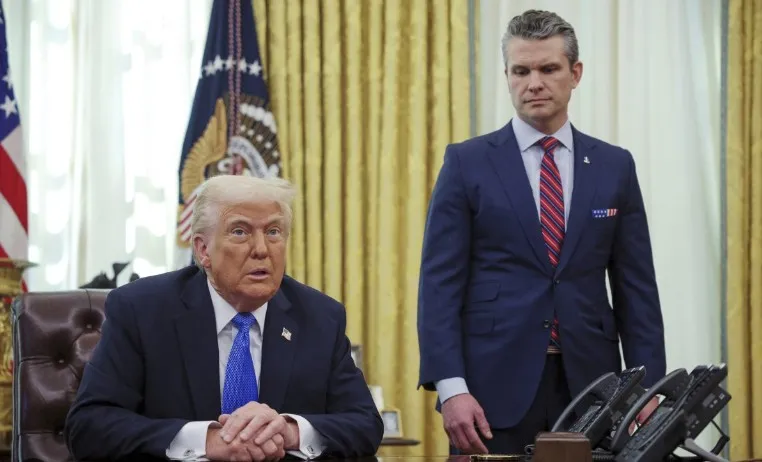Trump Reinstates Sweeping Travel Ban on 12 Countries
In a major policy revival, former President Donald Trump signed a controversial executive order on Wednesday, reinstating a broad travel ban targeting 12 countries — a move that echoes one of the most polarizing actions from his first term.
The Ban: Who’s Affected?
The executive order completely prohibits citizens from the following countries from entering the United States:
- Afghanistan
- Myanmar
- Chad
- Republic of the Congo
- Equatorial Guinea
- Eritrea
- Haiti
- Iran
- Libya
- Somalia
- Sudan
- Yemen
In addition, limited travel restrictions — including heightened vetting and visa scrutiny — have been placed on seven other countries, although the administration has not yet disclosed the full list publicly.
The Rationale
Trump’s team claims the travel ban is based on national security assessments, arguing that these countries fail to meet U.S. standards for identity verification, public safety cooperation, or counterterrorism efforts.
“We must put the safety of our citizens first. These bans are not about race or religion — they’re about protecting America,” Trump stated during a press conference.
Critics, however, argue the ban disproportionately targets Muslim-majority and low-income nations, reigniting debates around discrimination and civil liberties. Immigration rights groups have already signaled plans to challenge the order in court.
Déjà Vu?
The move harks back to Trump's 2017 travel ban, which sparked widespread protests and legal challenges before being upheld by the Supreme Court in a narrowed form. With election season heating up, this decision is seen by many analysts as a political play to energize his base with a familiar message: “America First.”
Global Reactions
Leaders from affected countries have condemned the action, with some calling it “unjust” and “harmful to international relations.” The United Nations and several human rights organizations have also expressed concern over the sweeping nature of the policy.
As legal and diplomatic battles unfold, millions with ties to these countries are left facing uncertainty once again.
By ✍️ Yorlinda Ramìrez - MicuPost Team
Sources:



